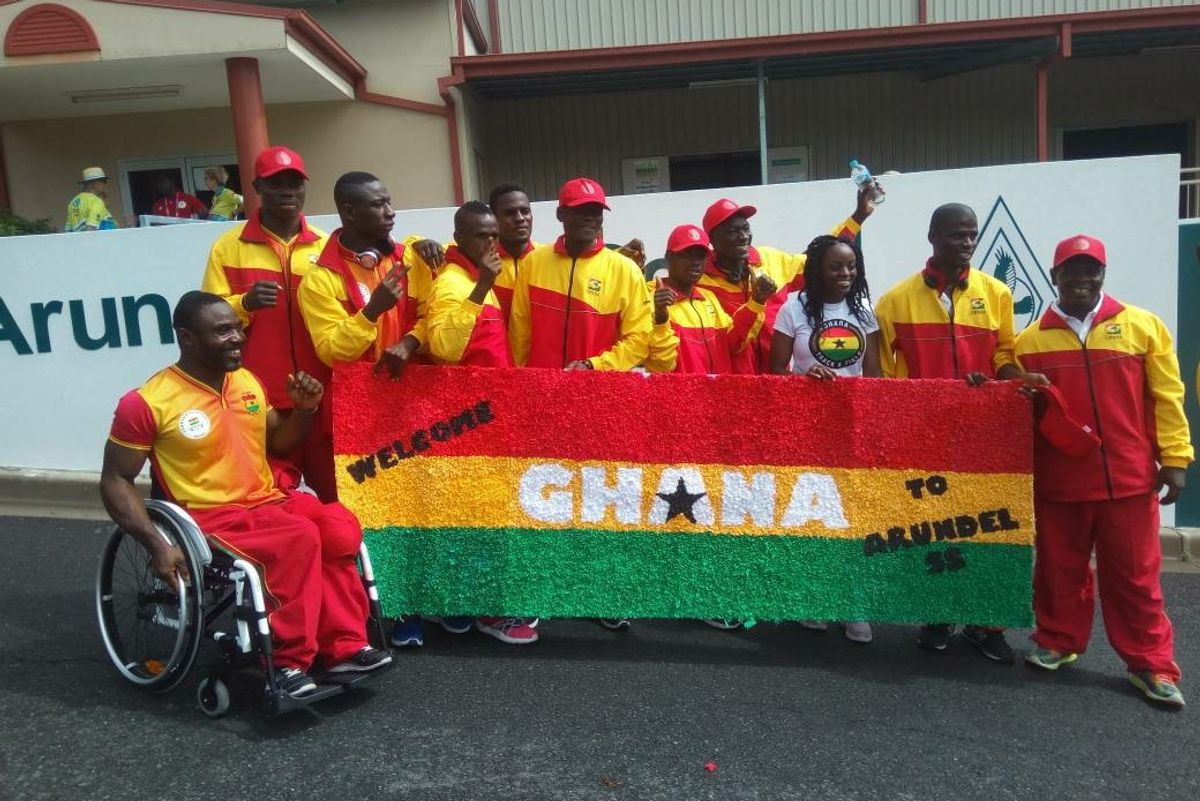Australia Deports 50 Ghanaian 'Journalists'
Genuine visas could not protect the alleged Ghanaian 'journalists' from deportation from Australia.

Today, fifty Ghanaian "journalists" were deported from Australia where they had traveled ostensibly to cover the Common Wealth Games which started today, April 4th. According to Ghana News, the journalists arrived with genuine visas, but their baggage and reasons for travel did not convince Australian authorities of their authenticity as journalists. Several of the individuals did not carry camera equipment or phones with them.
The Government of Ghana has announced that they would be investigating those deported. Pious Enam Hadzide, the Deputy Sports Minister stated that, "The explanation is that a grant of visa or entry permit is not automatic." At the end of their investigation, Australian authorities concluded that the individuals were fake journalists.
BBC News reported the deputy sports minister's additional comment, which seemed to further support the deportation of said individuals. "We did not sponsor journalists, we didn't sponsor supporters, we didn't sponsor anybody to the Commonwealth Games, we didn't handle accreditation and for international tournaments, the ministry doesn't handle accreditation," said Hadzide. Additionally, The Ghana Journalists Association (GJA) claimed that the individuals were not a part of the association, nor its media outlets, as reported by Ghana Web.
This event, however, did not affect team Ghana, nor Common Wealth's support of the country at the games today in spite of a few voiced opinions, including the GJA, on how the influx of false journalists may be hurting the reputation of Ghanaian journalists as a whole.

